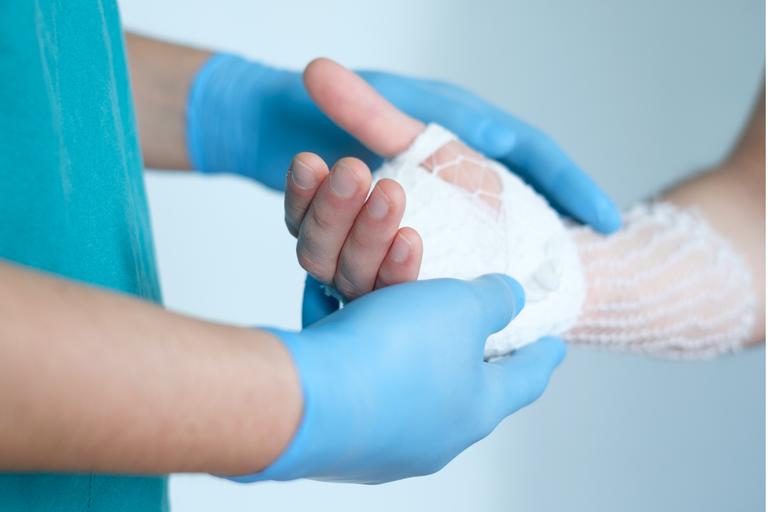Our customers have been hired at: *Foot Note
Since you have proven your worth on paper with your stand-out cover letter and resume, now it is time to shine in your interviews. It may take a little time, but it is essential that you properly prepare for this step in the job-hiring process. An interview is an important part of gaining employment, because it is the first opportunity a hiring manager has to really evaluate who you are as a person, how you would handle the responsibilities of the job and whether you are a good fit with the company culture.
5 Interventional Radiology Nurse Interview Questions & Answers
An interventional radiology nurse must often work autonomously. Please describe a time when an issue came up while no other medical staff was available to fix the problem.
One day shortly after my hospital implemented a new computer system for charting, I realized that the orders for my patient’s pain medications were not showing up in the system. I saw the doctor put them in, but since I could not find them, I could not administer the medications and my patient was in a great deal of pain. I knew my patient couldn’t wait long, so I put in a question to the doctor and instead of waiting for a response to act, I took the time to search the system. I found that the doctor had accidentally put the order in incorrectly. The problem was quickly rectified and I was able to administer the medication to the patient.
IR nurses are tasked with alleviating patient anxiety prior to radiology tests. What methods will you use to ensure patients are comfortable and safe during their tests?
Keeping patients calm and comfortable during tests requires personal interaction. Patients need to feel that you really care, or they are not going to respond to you. As an IR nurse, I would make sure to establish a rapport with patients and their family members prior to the beginning of any procedures. Using jokes when appropriate, kind words and reassurance, I would keep the patients comfortable and calm while they undergo their tests.
The IR nursing department is a team. Please describe a time when you did not get along with another co-worker and how you resolved the situation.
At my first hospital, another nurse and I really did not get along very well. Our personalities just clashed and we had to figure out how to get our jobs done despite our differences. We were both professionals, though, so we set up a meeting to determine how we could best put our differences aside and learn to work together for our patients. After talking through things, we found common ground and focused on that. From then on we had a great working relationship. I learned that communication is key in preventing these situations and building great working relationships with the other nurses.
What do you think is the biggest challenge you will face as an IR nurse?
While I have never worked as an IR nurse, I believe that the constant fast pace in the department will be the biggest challenge. The pace itself is not a problem, but it creates other pressures and issues that can become problematic, and requires remaining organized and staying on top of patient needs. I come from a fast-paced unit, so I know the issues that can arise and am prepared to meet them as they come.
How do you go above and beyond to make sure that your patients receive the best possible care?
I ensure the best patient care by staying on top of my patient’s needs while at the hospital. But I also go one step further by ensuring that family members know how take care of their loved ones. This includes teaching them how to dress wounds, clean, flush and change tubes, and so forth. This puts both the patient and family at ease, because they know what they will be facing once they leave the hospital.
Our customers have been hired at:*Foot Note










